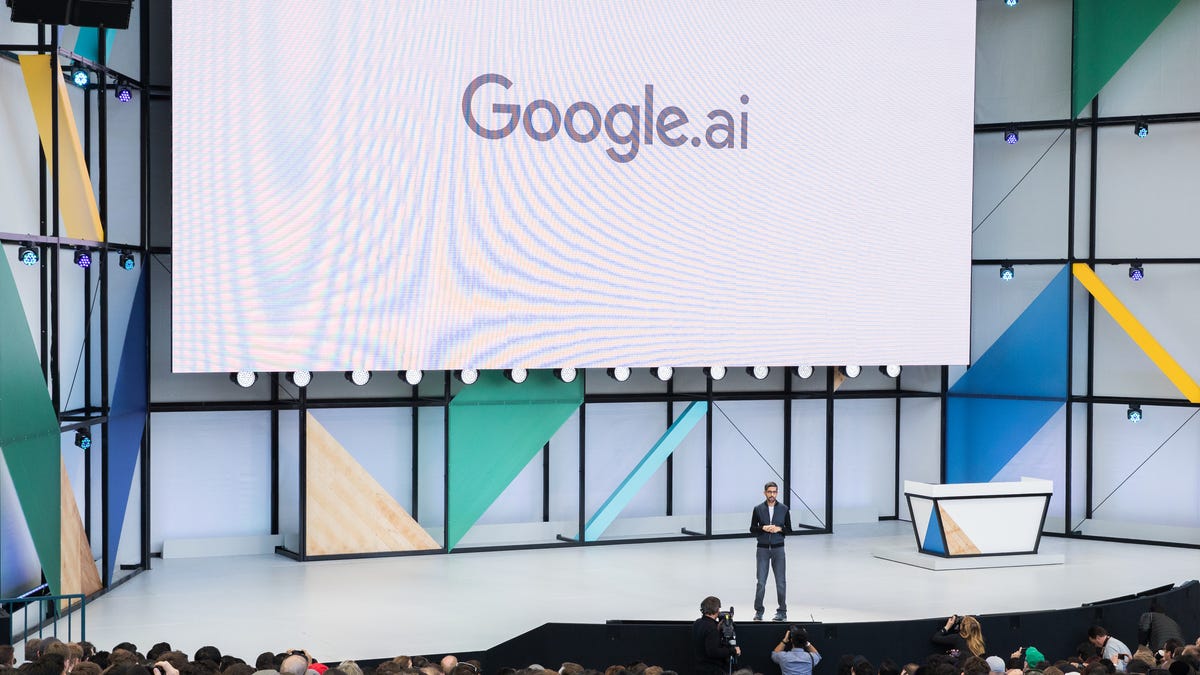Google shuts down AI ethics council after controversy over members
The group, announced just over a week ago, faced intense scrutiny from the beginning.

Google faced blowback over its AI ethics council.
Google said Thursday that it's pulling the plug on its newly announced artificial intelligence ethics council, after more than a week of outcry over some of the members the search giant had chosen for the group.
The group, called the Advanced Technology External Advisory Council (ATEAC), was comprised of AI experts outside of Google. The goal was to help guide the company in its work on AI projects and address thorny issues like facial recognition and bias in machine learning. But the council was slammed with controversy from the very beginning.
Some accused one member, Heritage Foundation President Kay Cole James, of being "anti-trans, anti-LGBTQ, and anti-immigrant." On Monday, a group of employees called Googlers Against Transphobia and Hate published a petition demanding James be removed from the group. More than 2,000 Googlers have signed it. Another member, Alessandro Acquisti, a behavioral economist and privacy researcher, had already dropped out of the group.
"It's become clear that in the current environment, ATEAC can't function as we wanted," a Google spokesperson said in a statement. "So we're ending the council and going back to the drawing board. We'll continue to be responsible in our work on the important issues that AI raises, and will find different ways of getting outside opinions on these topics."
The website Vox earlier reported the news.
When Kent Walker, Google's senior vice president for global affairs, announced the formation of the council last week, he said he wanted the effort to "inform both our own work and the broader technology sector." The plan was for the members of the group to serve until 2019 and hold four meetings beginning next month. Then Google said it would publish reports based on those meetings.
This isn't the first time Google's work in AI has drawn scrutiny. Last summer, employees protested against the company's work on Project Maven, a contract signed with the Pentagon to help develop AI for the analysis of drone footage. In response to the protest, Google said it wouldn't renew the contract.
Shortly after the outcry, Google CEO Sundar Pichai released ethical guidelines for the company to follow as it creates AI technology. Those guidelines include vows to never develop AI for weaponry and to only create technologies that are "socially beneficial."

